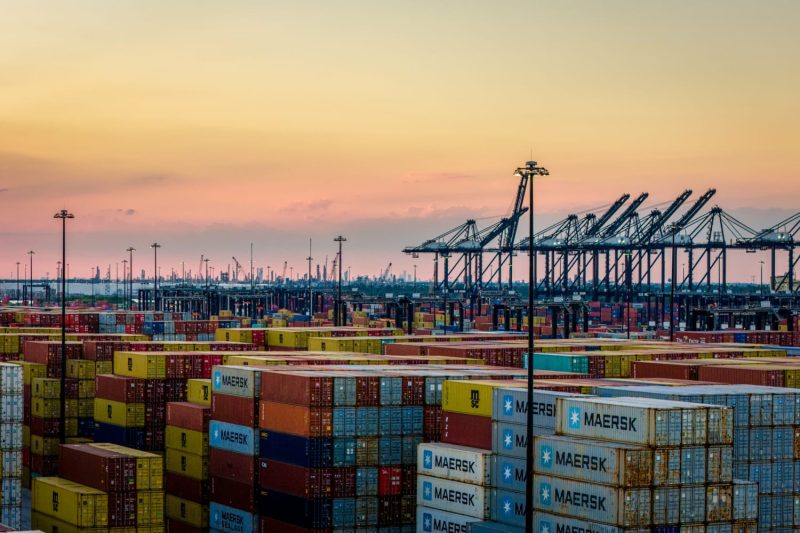The recent threat of a major maritime strike has sent shockwaves across the East Coast, particularly targeting ports and disrupting the flow of goods and services. This potential strike could have a significant impact on various sectors, including transportation, logistics, and the economy as a whole.
The Strike Threat:
The looming strike, initiated by a union representing dockworkers, is primarily driven by concerns related to wages, working conditions, and job security. The union argues that these demands are essential for safeguarding the rights and well-being of maritime workers who play a crucial role in ensuring the smooth operation of ports along the East Coast.
Impact on Ports:
The strike poses a grave threat to ports across the East Coast, which serve as vital hubs for international trade and commerce. The disruption in port activities could lead to massive delays in the shipment of goods, affecting businesses that rely on a steady and timely supply chain. Moreover, the prolonged strike could also result in financial losses for port operators and shipping companies.
Logistical Challenges:
The potential strike could trigger a ripple effect, causing bottlenecks in transportation and logistics networks. With ports facing operational disruptions, trucking companies, railroads, and other stakeholders in the supply chain would struggle to maintain their schedules, leading to congestion and inefficiencies. The resulting gridlock would further exacerbate the impact of the strike on the overall economy.
Economic Ramifications:
The maritime strike could have far-reaching economic consequences, not only affecting local businesses but also reverberating at a national level. Reduced imports and exports, along with higher transportation costs, would lead to price hikes for consumers, potentially triggering inflationary pressures. Furthermore, investor confidence and market stability could be jeopardized if the strike persists, creating uncertainty in financial markets.
Resolution and Mitigation:
Amidst the threat of a major maritime strike, stakeholders must engage in dialogue and negotiations to find a resolution that addresses the concerns of all parties involved. This may entail reaching a fair agreement on wage increases, working conditions, and job security, thereby averting the potentially disruptive consequences of a prolonged strike. Additionally, contingency plans should be put in place to mitigate the impact of any disruptions on port operations and the broader supply chain.
Looking Ahead:
As the specter of a major maritime strike looms over ports along the East Coast, it is imperative for stakeholders to proactively seek constructive solutions to prevent a crisis situation. By prioritizing communication, cooperation, and compromise, all parties can work towards a mutually beneficial outcome that safeguards the interests of maritime workers, port operators, businesses, and the economy as a whole. Only through collective efforts and a commitment to dialogue can the looming threat of a strike be successfully averted, ensuring the continued resilience and efficiency of maritime operations across the East Coast.




























